Description
Dhanwantharam kuzhambu, named after ‘Lord Dhanwantari’, is a versatile blend of herbal medications in a nourishing basis of sesame oil. Abhyanga i.e. oil massage, is an integral aspect of Dinacharya. To pacify the deranged vata doshas and preserve balance, Ayurveda recommends massaging appropriate oils in particular body parts or the whole body. ‘Kuzhambu’ is a viscous, unguent-like medicinal oil used for external treatments.
– Dhanwantharam Kuzhambu is beneficial to both the neurological and musculoskeletal systems. It is also used during and after pregnancy.
– Dhanwantharam Kuzhambu is used for external application in Ayurvedic Massage and Dhara Therapy. The massage with this oil provides strength to the muscles, ligaments, tendons and skin, and is effective for relieving pain, stiffness, and inflammation of the joints.
– This kuzhampu is useful in the treatment of paralysis, hemiplegia, quadriplegia and physical weakness. It is an effective solution for knee pain, osteoarthritis, backache, and spondylosis.
Quantity sufficient based on the mode of application.
– Bala (Sida cordifolia) – Bala is also known as Country Mallow. It is an Ayurvedic plant that has antipyretic, antiviral, antirheumatic, antioxidant, analgesic, diuretic, hypoglycemic, immunoenhancing, and hepatoprotective activities. Its neuroprotective characteristics make it effective in neuromuscular and neurodegenerative illnesses. It benefits the nerves, muscles, and joints. It is a traditional herb that is mostly used to treat Vata Dosha ailments.
– Yaya (Hordeum vulgare) – It is used as a fat scraper component in traditional medicine to help with obesity, feeding the tissues, and acting as a natural diuretic and antipyretic. Beneficial in the treatment of respiratory disorders, diabetes, cough, blood diseases, throat problems, asthma, pain, running nose, thigh stiffness, joint pain, and digestive issues. Ayurvedic practice also use barley to promote proper bowel movement, to improve voice, vigour, complexion, intelligence, and intelligence, and as an aphrodisiac. Yava maintains the healthy level Vata Dosha and helps alleviate the symptoms of Kapha and Pitta vitiation.
– Kola (Zyziphus jujuba) – The vitamin C-rich Indian jujube or Chinese apple can be used in Ayurvedic formulations to treat excessive thirst, fever, and bleeding problems. It balances the exacerbated Vata and Kapha Doshas while without increasing the Pitta Doshas.
– Kulattha (Dolichos biflorus) – It contains a lot of calcium, ascorbic acid, and lysine and is widely used to treat kidney stones, piles, and asthma. Acts as a natural laxative and used in Ayurvedic treatments to assist produce sweating, as well as for non-bleeding piles and constipation, but should be avoided in cases of bleeding piles. It balances the vitiated Kapha and Vata Doshas.
– Dasamoolam – Dashamoola, is a commonly used multi-ingredient formulation for the management of pain, arthritis and inflammatory disorders. The combination is effective in curing cough, asthma and muscular spasms, bronchitis etc. Possess excellent bronchodilator action which alleviates bronchitis and asthma. The expectorant action helps in removing phlegm present in the respiratory tract which is accumulated due to infection.


 Sign In
Sign In Cart
Cart 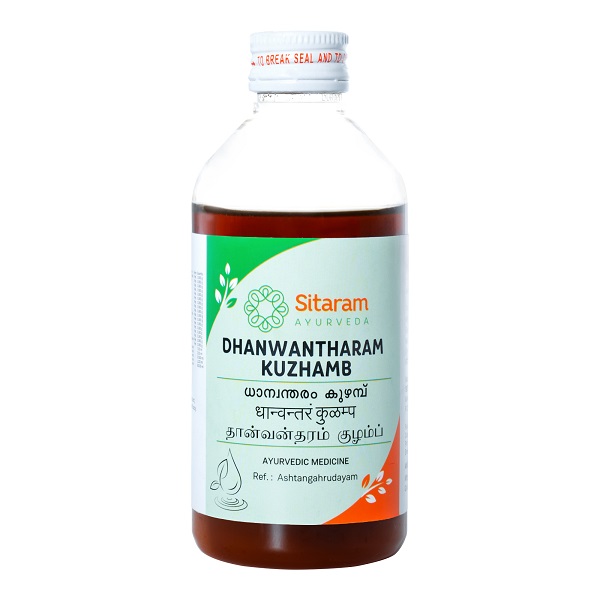
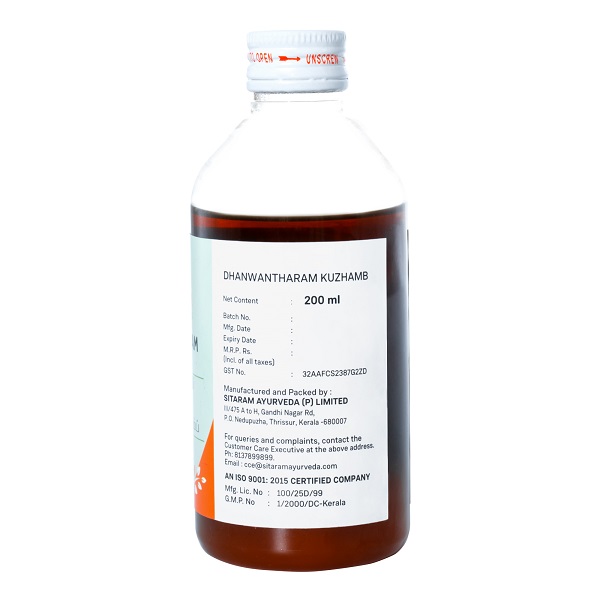
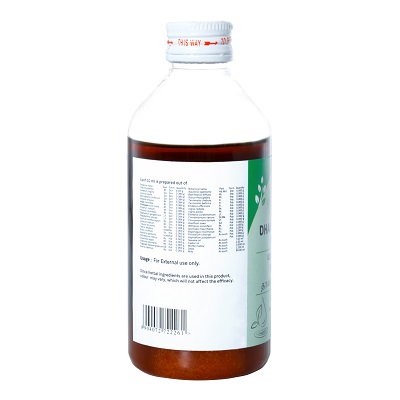
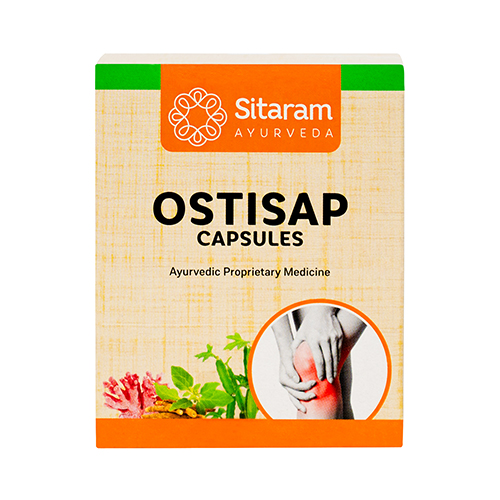
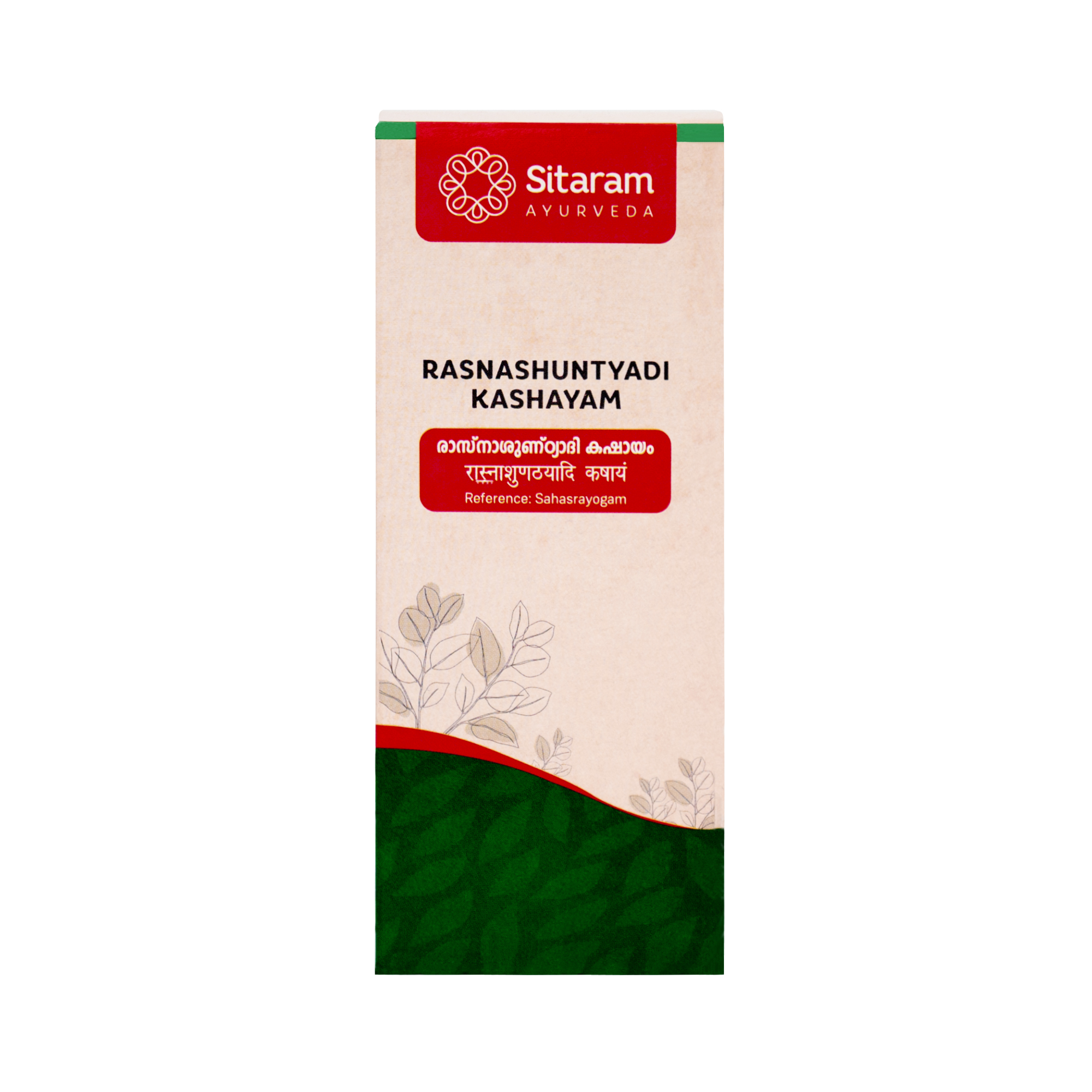
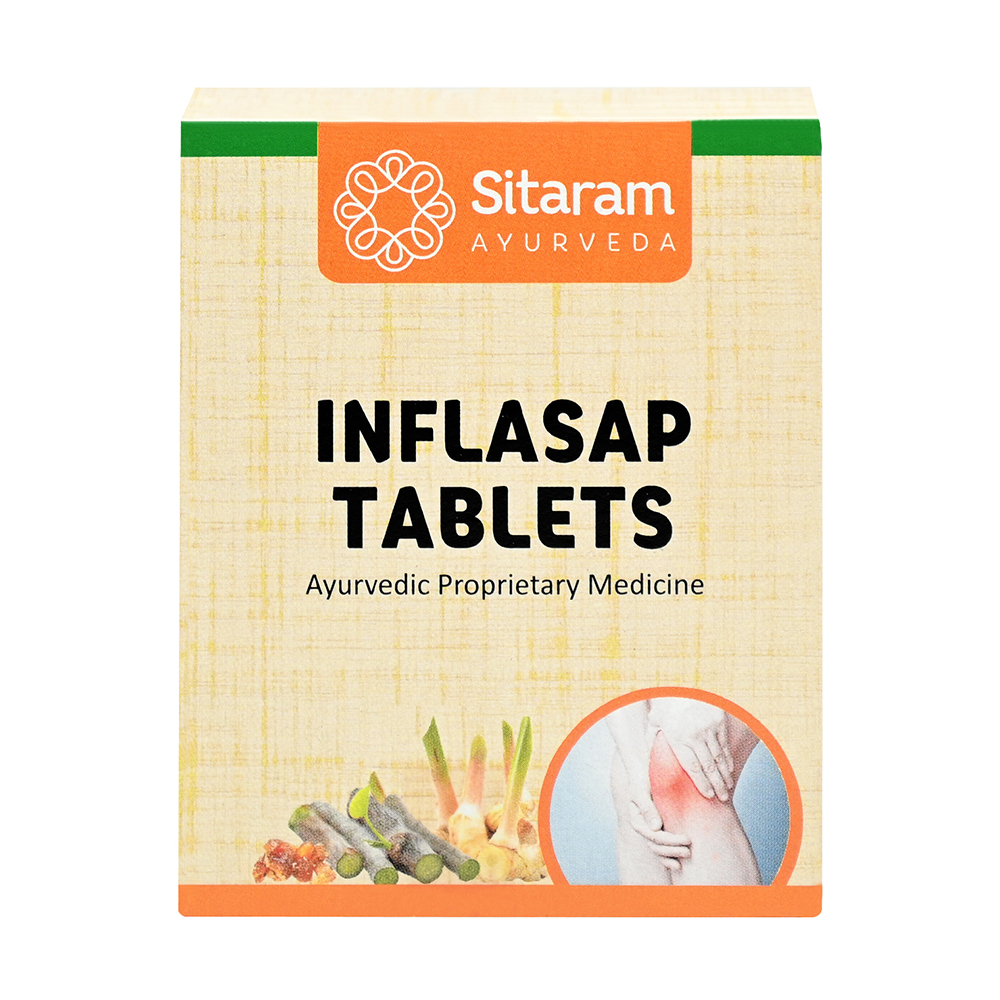
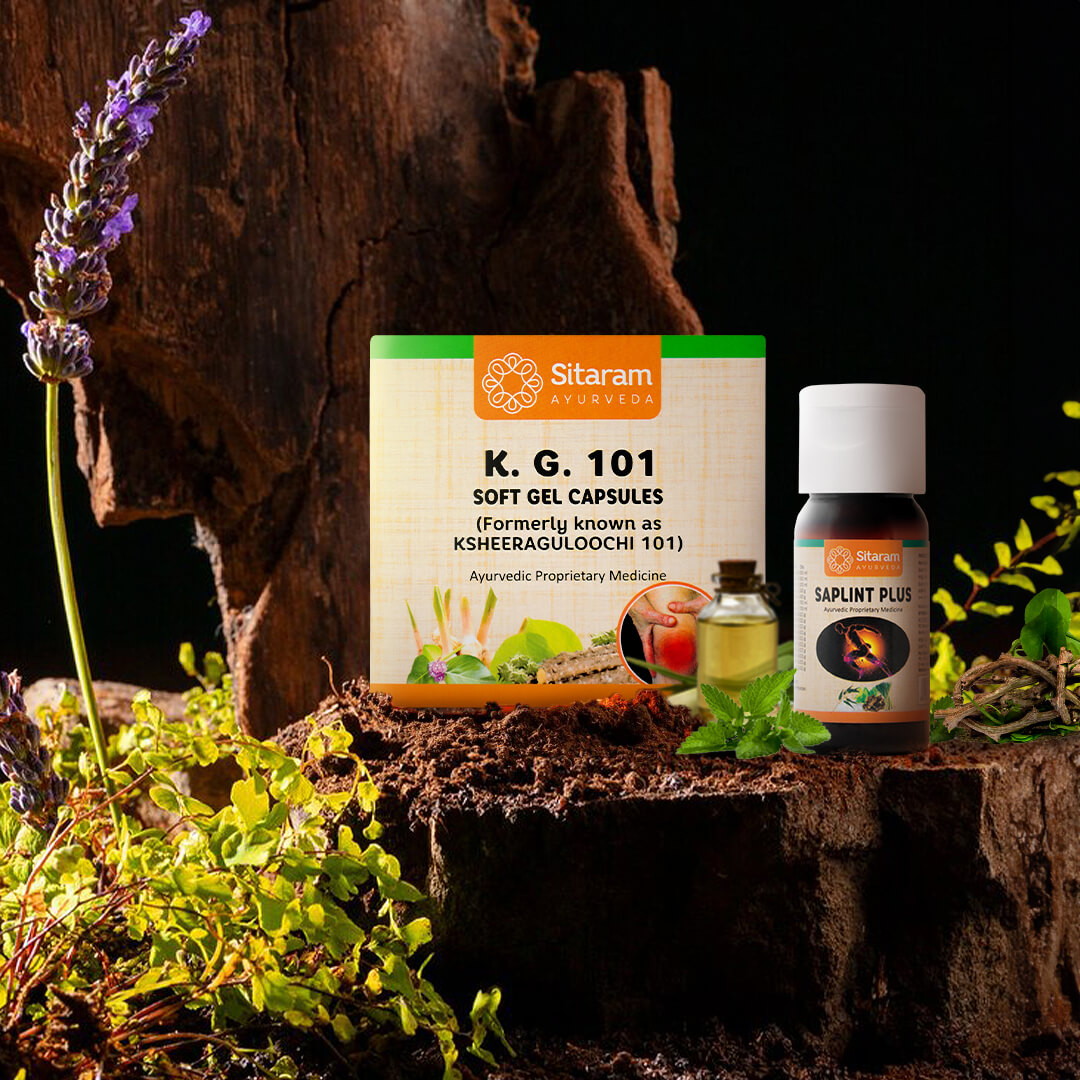
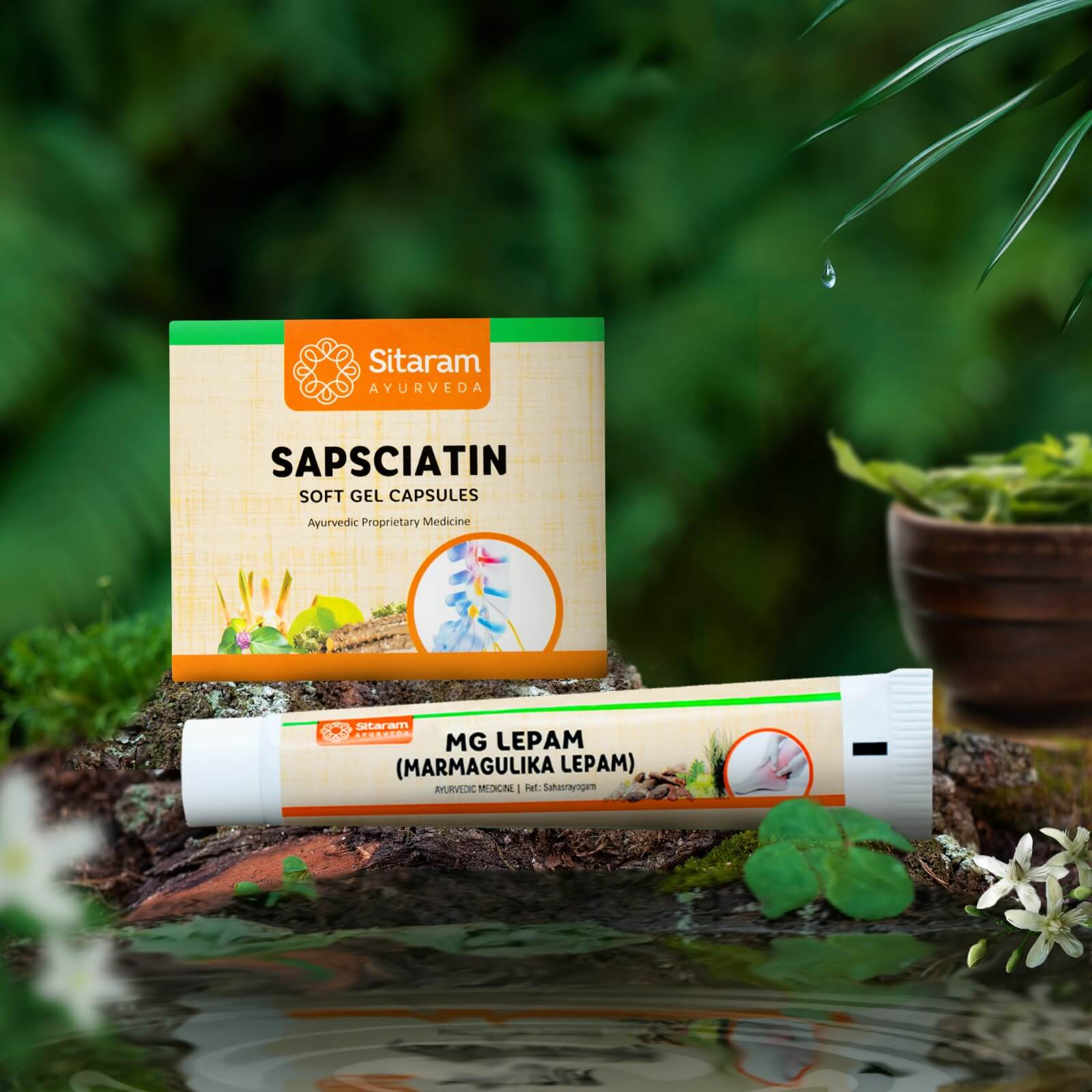
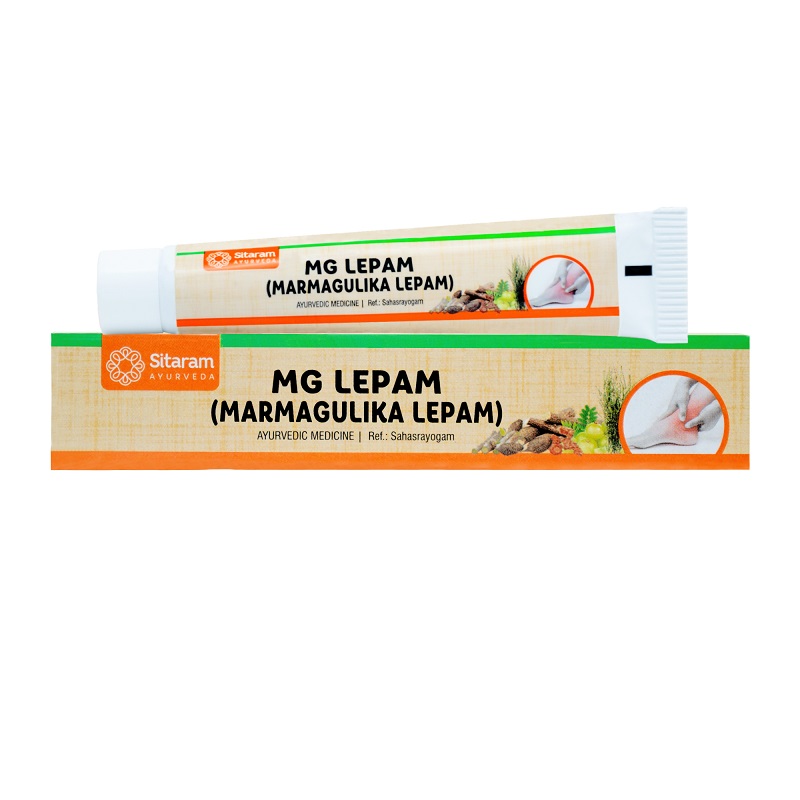
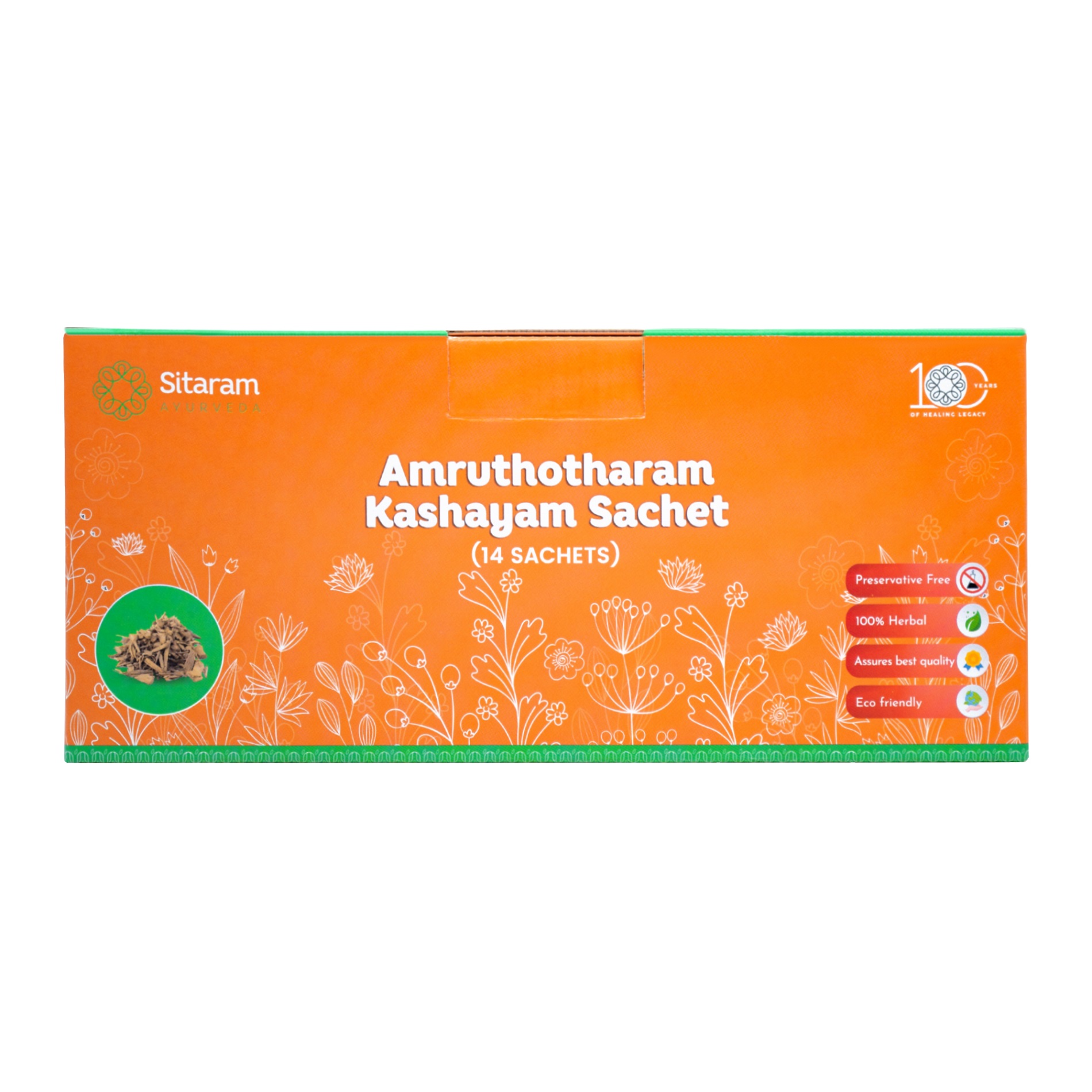
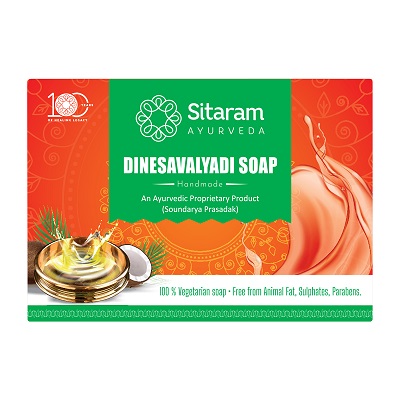
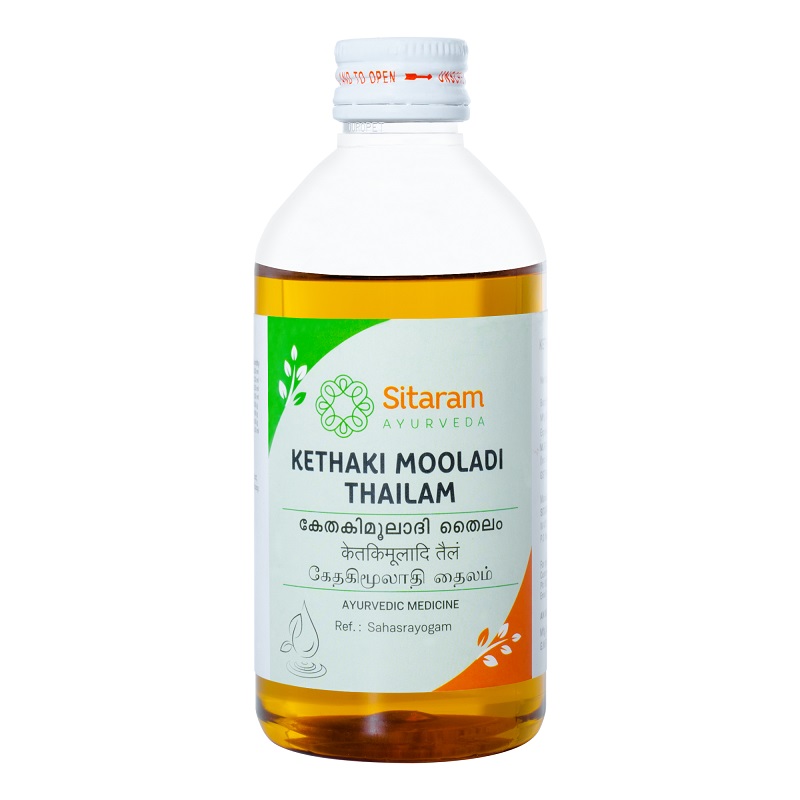
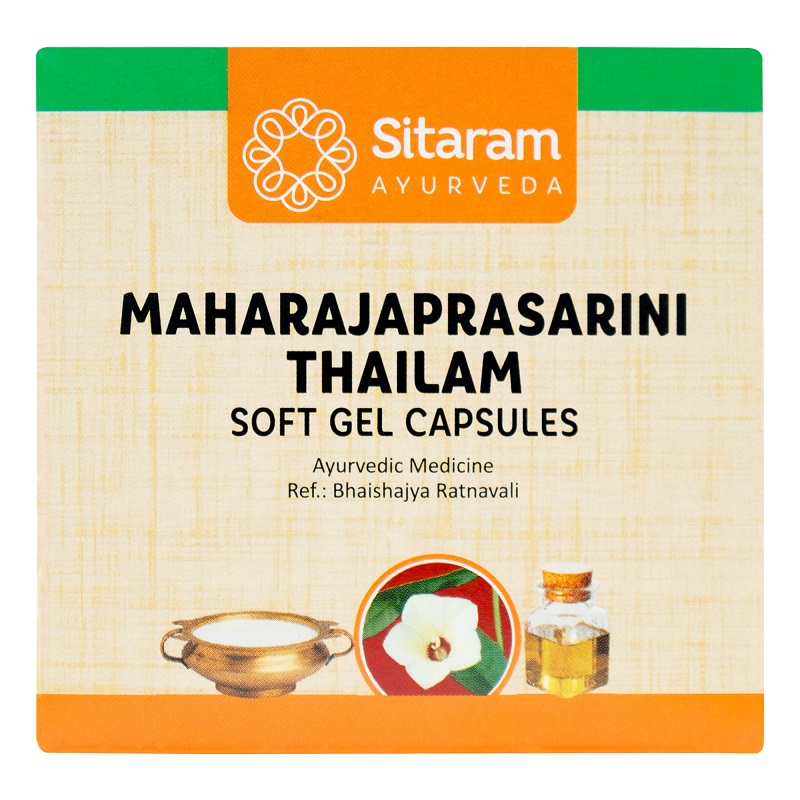
Sudha Kolupoti (verified owner) –
RAJENDRA ARORA (verified owner) –
Nice products